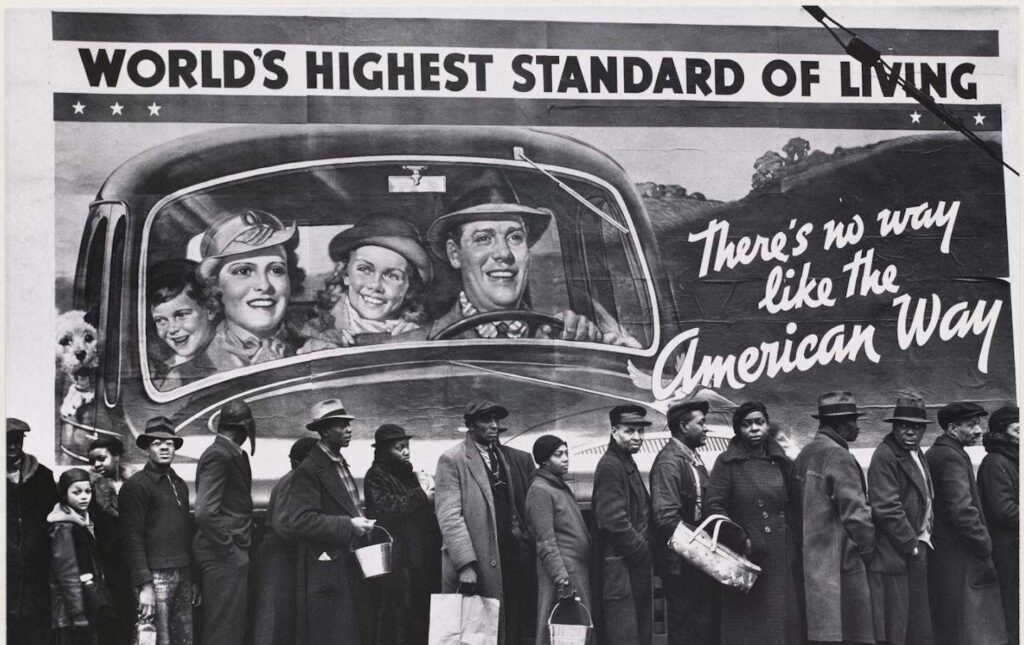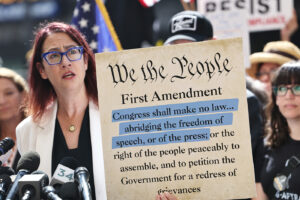May 4, 2022
Homeownership and the American Dream During Covid
By Lisa Herforth-Hebbert
Were families that owned a home better protected from financial hardship compared to renters?
By Maya Dalton and Ross Thomas

EDITOR’S NOTE: In the Fall of 2021, a group of students at Wake Forest University took part in a class on Data-Driven Advocacy. Their objective was to find a question that was broadly relevant to inequality, answer that question using basic tools of data science, and convincingly communicate that answer clearly to a broad audience in a partnership with the Puffin Nation Fund Writing Fellowships. This article is the first of the final products that came out of that course. The authors sought to understand whether home ownership was a source of financial stability during times of economic hardship, such as the recent Covid pandemic. As you will see, the answer is more complicated than the mythos of the American Dream.
Owning a home remains a key part of achieving the American dream. People in the United States are taught to believe that homeownership is a sign of success, and this dream is about more than personal fulfillment. Homeowners traditionally enjoy significant economic benefits like tax breaks for mortgage payments, capital gains exclusions, subsidies, and other financial tools that are not available to those who rent their homes. Home equity credit also allows homeowners to draw on the value of their property for liquidity in times of crisis, such as a health emergency or unemployment.


